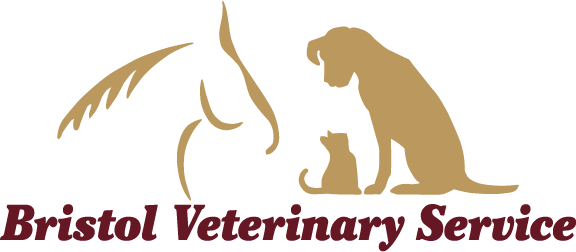Dental care is one of the foundation pillars of preventive medicine to ensure your horse’s health. Loss of teeth and other dental problems play a critical role in the longevity of the horse’s health and life. Dental disease may cause pain, poor digestion, and often creates a domino effect for other health issues. Age related tooth loss is natural and common in senior horses. Although these problems may occur unexpectedly, more often than not they have developed over time. What is needed is to catch dental problems early in their development before they create further dysfunction or loss of teeth. This is where routine dental examinations and maintenance is vital.
All of the veterinarians at Bristol Veterinary Service have special training in equine dentistry, allowing them to evaluate not only the teeth. but the entire mouth as well as all the associated structures in the head (sinuses). By doing a thorough examination with sedation, diagnosis of diseases associated with these structures allows for appropriate intervention and treatment. For this reason, your equine veterinarian is the ideal individual to perform your horse’s dental healthcare.
Basic Goals of Equine Dentistry:
- Improve Mastication
- Relieve Pain
- Diagnose and Treat Disease Early
- Promote General Health and Longevity
Recommended Examination Schedule:
- Juvenile Horses (<5 years): Day 1, at 3 Months of Age, then Every 6 Months
- Adult Horses (5-18 years): Yearly
- Senior Horses (18+ years): Every 6-12 Months
With routine examinations, it will be determined if there are any underlying dental problems or whether your horse requires routine floating (filing of the sharp, naturally occurring enamel points or any imbalances) to allow for normal mastication. We find that average healthy adult horses require floating every 12-24 months. Exceptions are common and especially in senior horses.
If your horse is experiencing issues, dental evaluation is recommended. Signs of dental issues may include:
- Dropping feed
- Sudden changes in grain or hay intake
- Quidding (dropping clumps of hay)
- Salivating more than normal
- Head Tilting or Tossing
- Weight Loss
- Asymmetric Swelling
- Resistance in the Bridle
- Unilateral (one –sided) Nasal Discharge
- Odor coming from the Mouth


